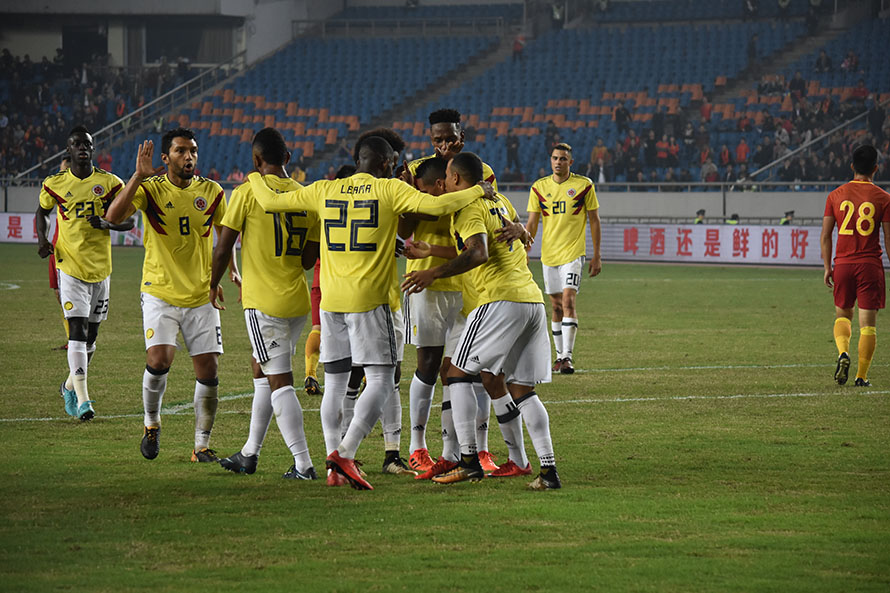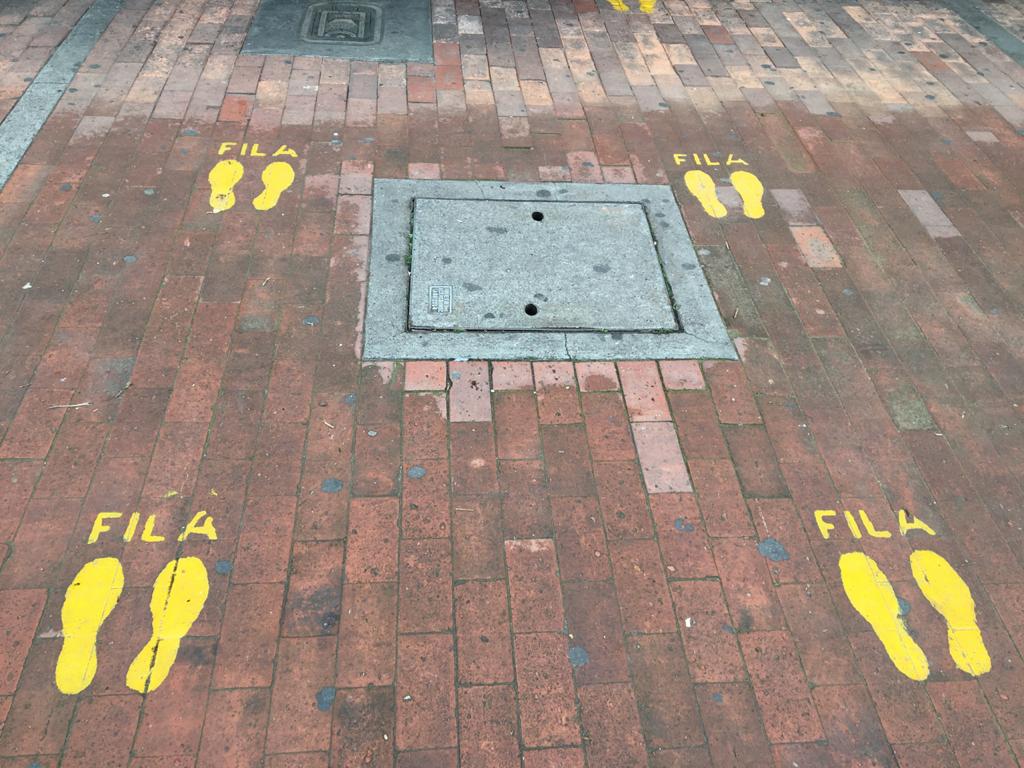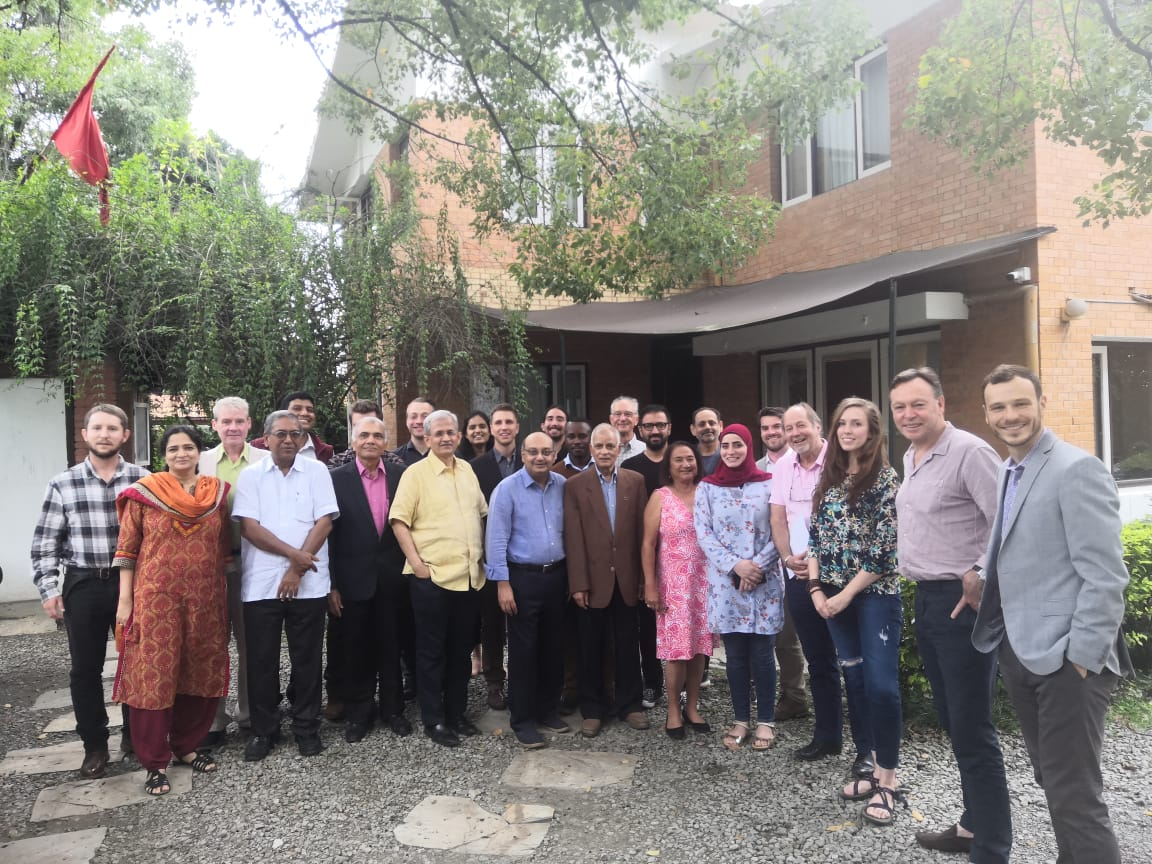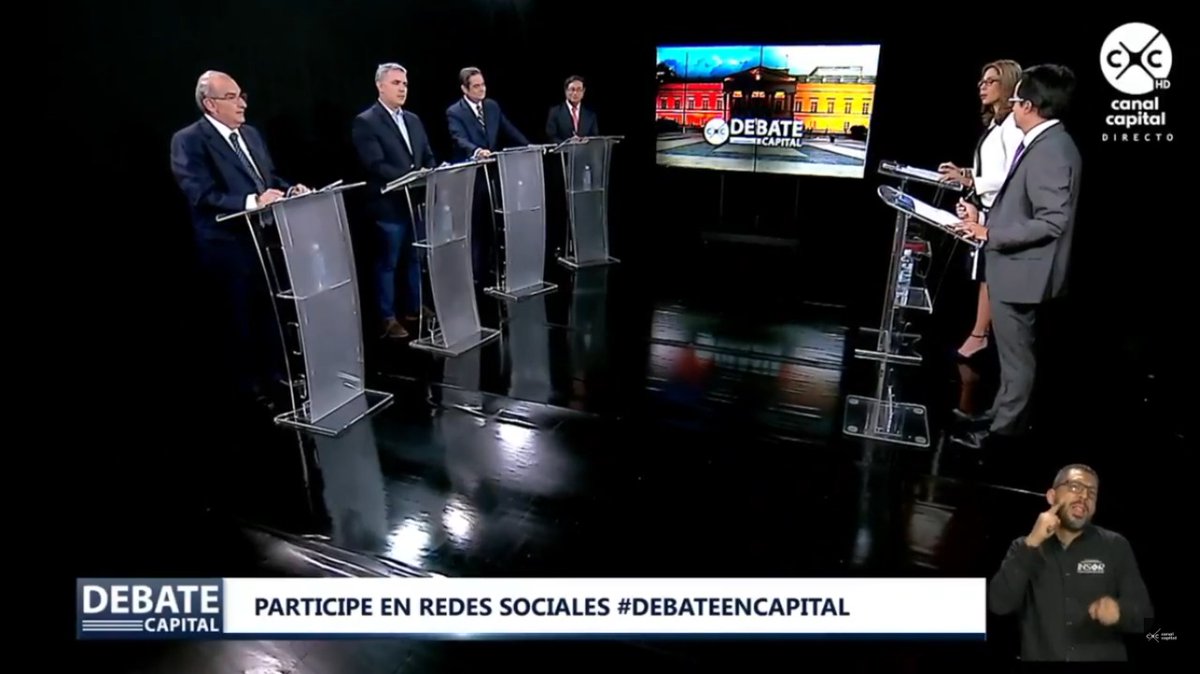We look at both candidates’ positions on a range of key issues. Find out what Gustavo Petro and Rodolfo Hernández have to say about security.
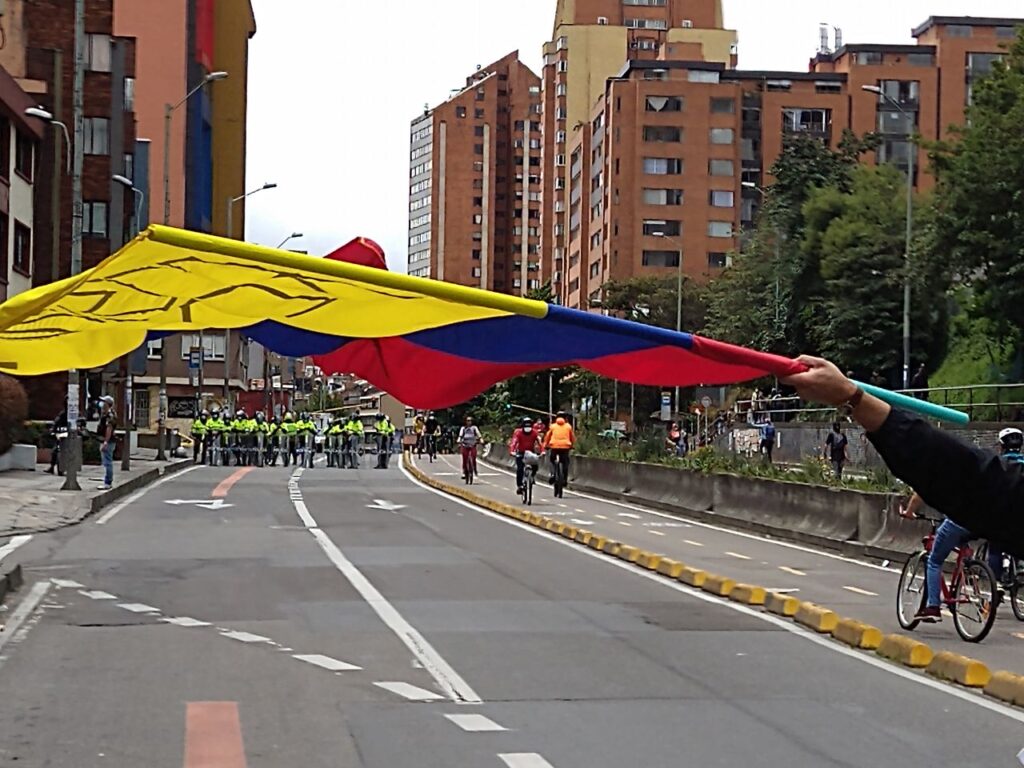
Ask anyone in Colombia what they’re worried about in 2022 and the answer will either be the economy or security. Perceptions of crime have rocketed over the last few years, and the figures don’t look great for actual crime either. It’s a multifaceted subject in Colombia, encompassing petty street crime, serious crime, organised crime, separatist groups, dissident groups, the peace process and even the police themselves. As we come into the final days of the campaign, let’s look at where the candidates stand.
Gustavo Petro and Rodolfo Hernández have a lot to say on the subject and very different personal experiences. Petro’s relationship with the police and the armed forces could charitably be described as rocky and less charitably described as outrightly hostile. It’s worth noting, though, that his rhetoric is aimed at the leadership, not the rank-and-file. After having been a lawmaker and a prisoner for his activities with M-19, he’s seen different sides of the coin. Rodolfo, on the other hand, has been a very high-profile victim of crime. Two of his children have been kidnapped, one of them murdered.
Despite the high crime figures and intense public concern, both candidates gloss over what they would actually do about this. The details are sparse while they focus on the grand schemes of reform. For the many Colombians who deal with street crime on a regular basis, it’s a surprising oversight. There seem to be no clear targets in either manifesto for reducing robbery or homicide, probably the two biggest security concerns for most people, certainly in their day-to-day lives.
Colombia’s prisons are overcrowded
Once people have been arrested, there’s a further problem: Colombia’s jails are far past full and the judiciary is massively backlogged and overworked. Rodolfo is keen on ‘zero impunity’, a slogan he mainly applies to seemingly every politician. He also wants it to apply to every criminal. There will be no special treatment: prison means prison. He wants to build more jails, especially in areas where the criminals can work in agrobusiness or industry. The effects of this on employment are anyone’s guess. This means a full reform of the jail system (INPEC), with better conditions for inmates and guards alike. Petro is similarly in favour of resocialisation rather than punishment, and talks about restorative justice. Some have seen this as a way to get certain people off the hook. That’s also true of his unclear statement about demanding that Colombians abroad are treated the same as in Colombia. However, that’s only supposition for now – what he actually suggests is decentralisation and a greater focus on casas de justicia, especially in rural areas.
The ongoing peace process dominates Petro’s campaign. He’s clearly positioned himself as the candidate that supports peace. To this end, he supports all the points of the peace process in their entirety. Rodolfo claims the same, although some are sceptical about this, as he says he voted no in the plebiscite of 2016. He wants a full implementation of the peace process, especially the JEP, and to try to bring the ELN into the existing peace process.
Security in post-conflict Colombia
Petro says that moving into post-conflict entails changes in missions and aims for the military. He doesn’t fully define this, but he does say ‘so-called national defence’ will be changed. He also wants the military to take a bigger role in protecting social leaders, especially in the regions. The armed forces will be repositioned towards clearer aims under Rodolfo. Interestingly, he wants to create units dedicated to protecting natural resources such as water, forests and mineral deposits. He also backs better protection of border areas and more focus on cross-border crime.
After fierce criticism of police action in protests in 2019, 2020 and 2021, there has been talk of police reform. Most of the criticism focuses on the riot squad, known as ESMAD. Petro has come out swinging, promising the disbanding of ESMAD among a full citizen-led reform of the entire police. That doesn’t mean that he wants to defund the police, just that he doesn’t think ESMAD can be reformed and needs to be fully replaced instead. He wants the police to focus on peaceful conflict resolution and education. He will also eliminate all non-police work, such as bodyguarding and carrying bags for dignitaries. Rodolfo agrees that the police in general need reforming, promising that any officer violating human rights will be sacked. Both candidates say that they will respect the right to protest.
Interestingly, both candidates are throwing bones to the rank-and-file of the armed forces and police. Petro thinks that education and wellbeing of the armed forces should be central to their mission. He’ll also raise salary and better pensions. Rodolfo will raise basic pay and conditions, as well as streamline promotion so that any soldier can progress through the ranks. He will achieve this by cutting inefficiencies such as executive pay and benefits. All members of the armed forces will have access to education and there will be modernisation of equipment designed at eliminating dependence on other countries.
Summing up: Petro vs. Rodolfo on security
So what’s going to happen? Petro is far more radical than Hernández, but the latter’s plans will still entail a lot of work. There wouldn’t be as much structural revision under a Rodolfo presidency, but the zero impunity alone would create an enormous strain on the justice system. Petro’s plans are popular with many citizens but will be bitterly opposed by the bosses.

